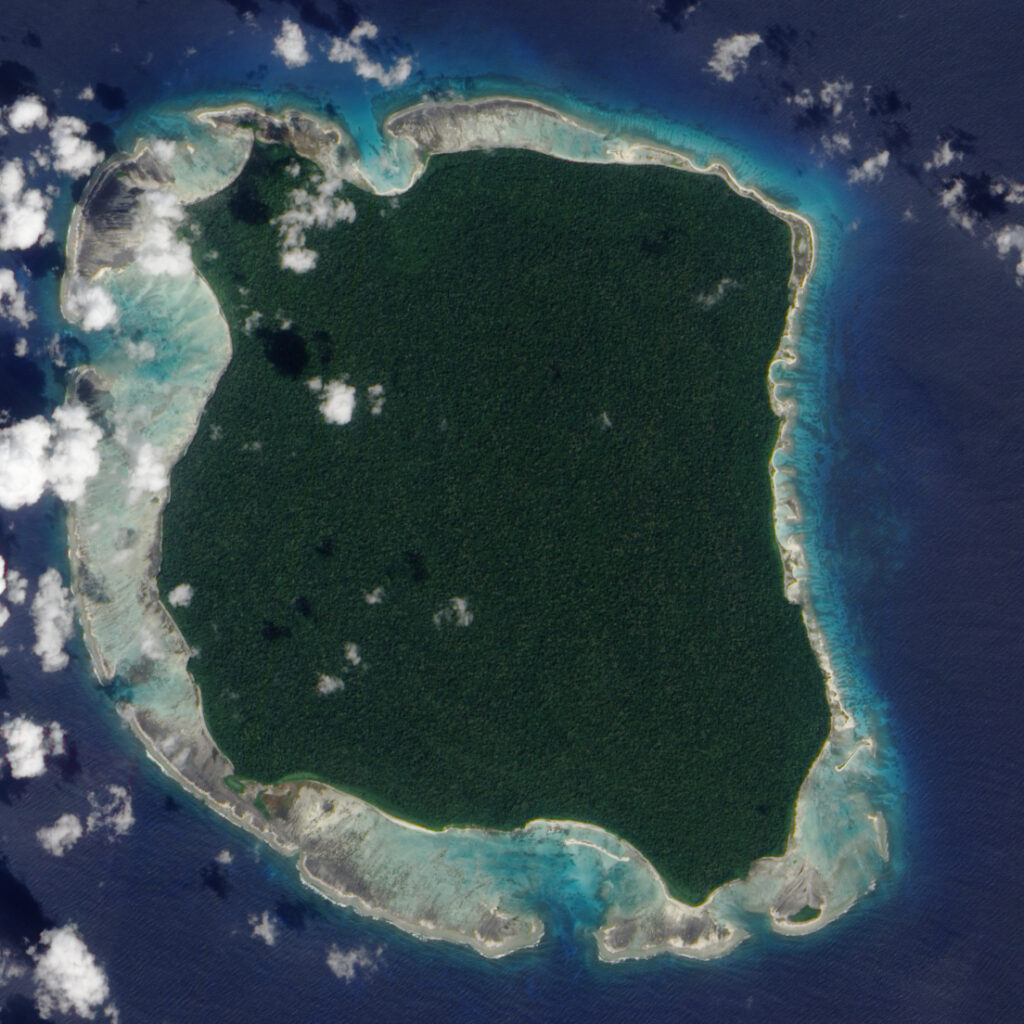
Introduction
North Sentinel Island, part of India’s Andaman and Nicobar Islands, is one of the last places on Earth where indigenous people live in isolation from modern civilization. The island is home to the Sentinelese, a tribe that has maintained their traditional ways of life, shying away from contact with outsiders. This unique status raises important questions about culture, conservation, and human rights.
Location and Characteristics
Located in the Bay of Bengal, North Sentinel Island spans approximately 59 square kilometers and is surrounded by a large coral reef, limiting access for ships. The island’s dense forests and coastline provide the Sentinelese with necessary resources for sustenance, including fish, fruits, and game from the forest. Despite its physical beauty, the island is shrouded in mystery due to its inhabitants’ refusal to engage with the outside world.
Isolation and Protection
The Indian government has declared North Sentinel Island off-limits to outsiders as part of its efforts to protect the Sentinelese and preserve their way of life. This decision stems from a desire to prevent the potential repercussions of disease and cultural disruption that could arise from contact with the outside world. Eliminating contact also ensures the preservation of the tribe’s customs, languages, and beliefs, which are untarnished by globalization.
Recent Developments
In recent years, instances of outsiders attempting to reach the island have garnered media attention. Notably, a U.S. missionary was killed in 2018 after attempting to make contact with the Sentinelese. This tragic event highlighted the risks involved in trying to breach the barriers of isolation established by the tribe. Following this, India reinforced its laws and restrictions regarding the prohibited area around North Sentinel.
Conclusion
North Sentinel Island embodies an age-old debate about the rights of indigenous tribes to exist without outside interference. As the world continues to evolve rapidly, the Sentinelese maintain a steadfast commitment to their traditions. Their situation prompts critical discussions about cultural preservation, ethics in anthropology, and human rights in a globalized world. While many admire their resilience and choice for isolation, the importance of protecting their freedom to remain untouched remains paramount. Future generations may look back at North Sentinel Island as a symbol of the necessary respect for diversity amidst global homogenization.



